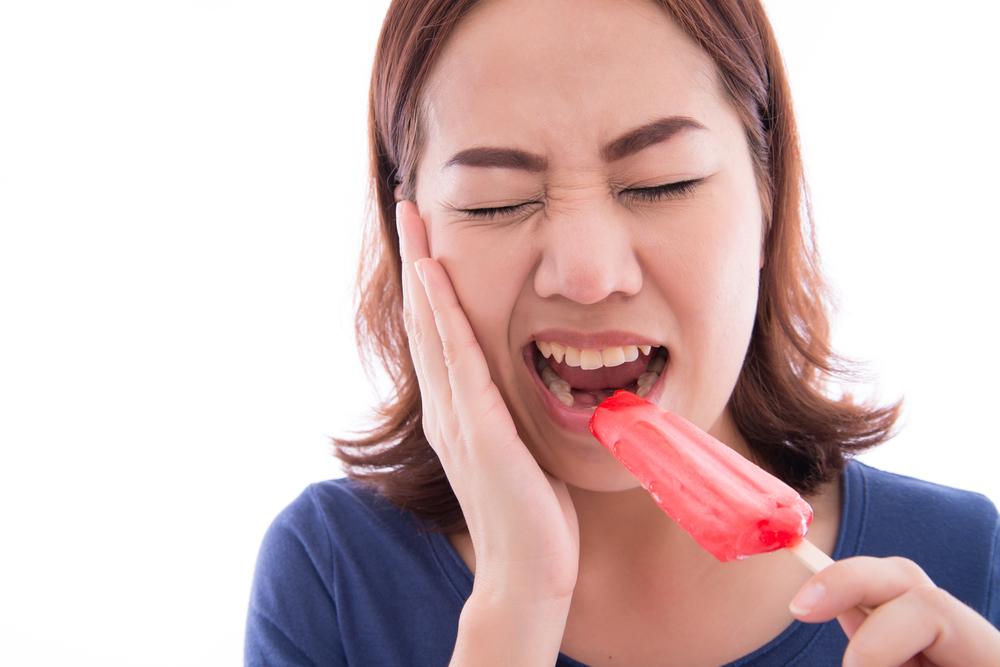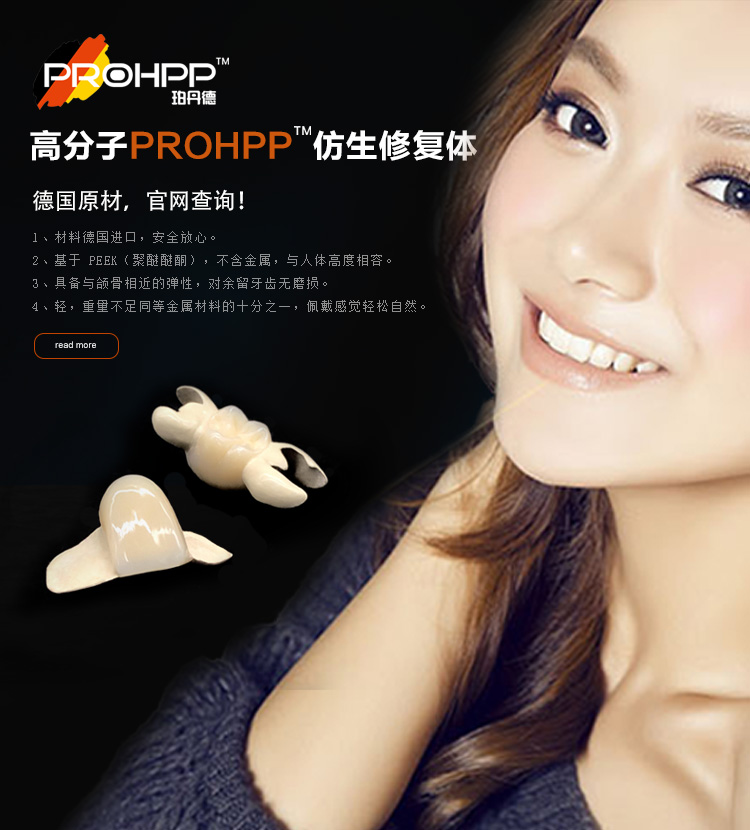Company News Home > Company News
Patient zinc oxide clove oil after sealing allergy, how to return a responsibility?
Zinc oxide clove oil paste is a kind of temporary adhesive powder mixed by zinc oxide powder and clove oil in a certain proportion. Because of its effect of soothing, analgesic and anticorrosion, it is the bottom and temporary filling and temporary sealing agent commonly used in stomatology, which is often used for the temporary sealing of pulpitis medicine.

Case profile
The patient, female, 60-year-old presented with right inferior posterior toothache with nocturnal pain for 3 days, aggravating one day.
Examination: lower right 7 deep caries, cold and hot stimulation pain and radiation to the ipsilateral temporal ear, pain, no percussion pain, no redness and swelling of the gums.
Diagnosis: Right pulpitis 7 acute pulpitis
Treatment: local anesthesia went down to remove the roof of the chamber, placed inactivating agent, zinc oxide clove oil paste temporarily sealed, and ordered to return after 2 days.
About 2 hours later, the patient experienced shortness of breath, breathlessness, and red rash with pruritus.
Body temperature 36.5, pulse 90 times / min, breathing 25 times / min, blood pressure 135 / 85mmHg, no swollen lymph nodes throughout the body, heart rate 90 times / min, rhythm qi, unheard and pathological noise, both lung breathing sounds clear, abdominal tenderness, no tenderness, liver, spleen and subrib
Knoapping pain (-), the whole body to the mouth around the scattered size of the red wind mass
Emergency treatment of allergy: asked for medical history, no history of allergy to penicillin and other drugs, but a similar situation occurred after going to toothache about 2 years ago, but it was mild, and relieved spontaneously after removing the drug.
Immediately remove temporary sealing zinc oxide clove oil, saline irrigation, and give dexamethasone needle 5 mg and 5% calcium gluconate 1g static drops, about 30 minutes, after bastin tablets 10 mg oral 1,1 times, the next air group not again, continue oral 3d bastin tablets, stop after recovery according to the patient's two history, consider for zinc oxide clove oil allergy.
discuss
Due to the spicy stimulation of clove oil, it is estimated that this patient's allergy is related to clove oil. This patient had severe reactions due to his previous medication history.
Such cases have been reported in the literature, and the clinical manifestations are oral mucosal allergy and oral mucosal allergic ulcer allergic dermatitis, urticaria, angioedema, allergic rhinitis, and even anaphylactic shock, etc. After timely symptomatic treatment, the symptoms were all relieved quickly.
Clove oil zinc oxide paste for the clinical used in the bottom and fill a more ideal material, clinical application of safe, such clinical cases is still rare, but in the event of allergic reaction clinical diversity, if not timely treatment will have more serious consequences, thus should cause oral clinicians attention and remind patients after medication.
Clove oil (phenol) is a phenolic derivative, with mild antibacterial and antiseptic effect, also has the protoplasm toxic effect, causing cell protein precipitation. It is also a kind of analgesic, 1984 Brodin and Roed proved that low concentration of clove oil cause reversible nerve conduction block, high concentration of non-reversible nerve conduction block, so think clove oil phenol is a kind of nerve poison drugs, basic has a strong irritant to living tissue, is tissue inflammatory reaction, and its analgesic effect often covers the inflammatory reaction, become asymptomatic inflammation. Therefore, the dosage must be strictly controlled when using.
Hot newsMore
- [07-07]全口义齿的美学修复特点
- [07-07]Restoration of
- [07-07]Choose from fou
- [07-07]Nursing care of






